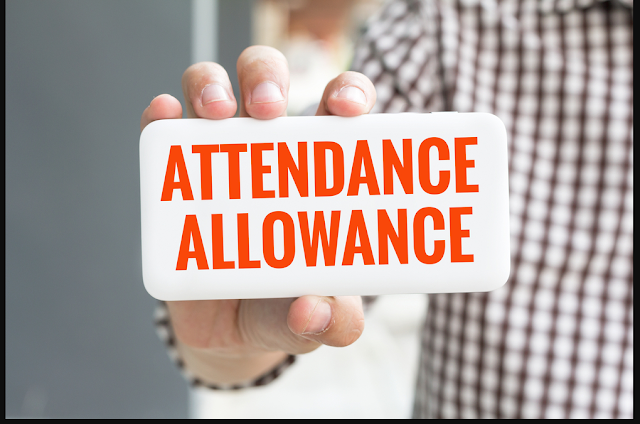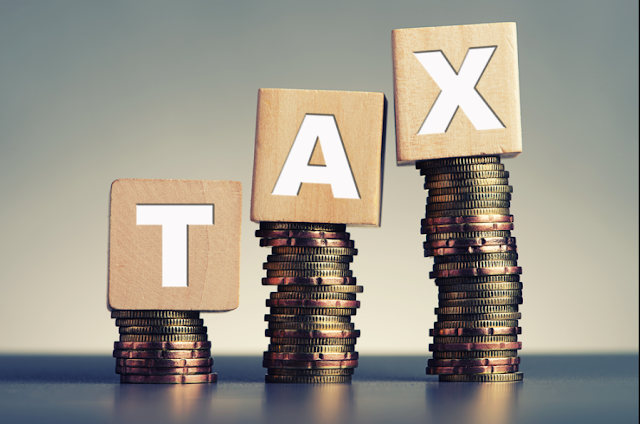How to pay off your business debt
If you run a business and you've got debt, you’re not alone. You would possibly need to combat debt sometimes to scale your business, looming debt can squeeze the enjoyment out of being an entrepreneur.
Restructuring your debt can sometimes reduce what proportion you owe. It’s worth giving any of the following methods an attempt if they apply to your situation. If you are not sure that you can do it by yourself,, ask ACCOTAX accountants for assistance on this front.
Here’s a step-by-step decision to assist you to reduce your business debt, so you'll reclaim your sanity and begin that specialize in other important tasks.
Make a replacement business budget
Ignoring debt won’t make it get away. But in some cases, what seems like overwhelming debt is simply disorganized income, or income you haven’t optimized towards paying off debt.
So, first things first: examine your current numbers and make a replacement small business budget by using the following steps.
- Read our guide to small business budgeting
- Identify your total debt (your bookkeeper can help with this)
- Understand your current income. what proportion of income are you generating?
- Download a budget template and map the remainder of your financial year
- Determine what proportion of cash you'll allocate monthly to paying off your debt
The goal of this exercise is to understand exactly what proportion you owe and choose what proportion of cash you'll allocate to paying off debt monthly.
Pick a debt-reduction strategy
The best strategy to pay down business debt will depend upon what proportion you owe, your current income, and, in some ways, your willpower.
Two common debt reduction strategies include:
- The spartan strategy. Create an essentials-only spending plan and description what you won’t spend money on until your debt is paid off. Hard to stay to if you’re more of a “spender” than a “saver.”
- The percentage strategy. Dedicate X percent of your profit to paying off extra debt.
These strategies are often used for paying down all kinds of small business debt, but they’ll only be effective if you've got your small business finances dialed in (that’s where the budget comes in handy).
Set a “get out of debt” timeline
With your budget and debt reduction strategy in situ, you ought to be ready to calculate when you’ll have paid off all of your debts (provided you stick with the plan, of course).
Plotting the top date, plus a couple of other “debt repayment goals” in your calendar, will keep you motivated and assist you to measure how well you’re doing together with your loan repayments.
Look for loopholes in your loans
Go back and check the terms of your loans. Knowing your loan terms can assist you use extra cash strategically when you’re paying off debt.
For example, what happens once you pay extra on your monthly loan repayment? Sometimes the excess is often credited to a future payment, or it'd be deducted from the capital (not great if income is already tight).
Negotiate terms with vendors
Can you extend payment terms on any outstanding invoices? Alternatively, are you able to negotiate a much bigger discount for early bird payment on new purchases?
Renegotiate the terms of your loans
If you’ve fallen behind on your payments, don’t be afraid to select up the phone and negotiate the terms of your loan.
Sending loans to collections represents an enormous loss for lenders; the last item lenders want to try to do is send a collections agency after you. Explain your financial situation and ask your lender if they will be flexible with late fees, restructuring payments, and even renegotiating your rate of interest. A hardship letter can also help to support your negotiation efforts with creditors.
Just remember that renegotiating the terms of a loan is probably going to ding your credit score, so it’s best to use this tactic when you’re not getting to apply for extra credit within the next year approximately.
Consolidate your debt
Debt consolidation is where you're taking out one large, preferably low-interest loan to pay off several smaller business loans. this will simplify your monthly finances, and usually carries a lower rate of interest than other loans. Watch out, though: many of those require collateral or personal guarantees which may add up to uncomfortable risk.
Hire a debt restructuring firm
If restructuring your small business debt is just too much to affect on your own, consider working with a debt restructuring firm. For a fee, they're going to negotiate with collection agencies and creditors on your behalf so as to increase or change your existing credit agreements.
Reduce your spending
We’re stepping into the bonus rounds now. Find ways to spend less and you’ll have additional cash to scale back small business debt. Sounds painfully simple, right? It’s harder than it's. Here are a couple of ways you'll set about it.
Know your numbers inside out
Do you know the value of your raw materials, supplies, labor, office supplies, rent, car lease, transport, marketing, and everything else you spend money on to run your business? Becoming a professional at reducing your spending starts with having a razor-sharp understanding of what proportion you’re currently spending.



Comments
Post a Comment